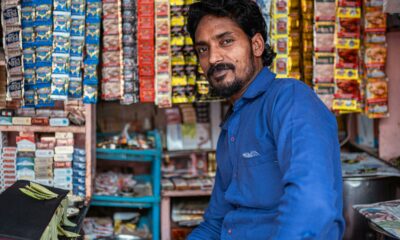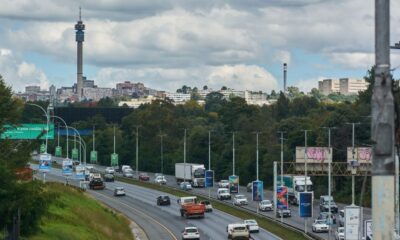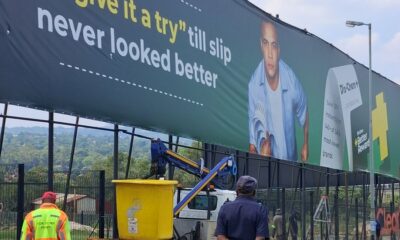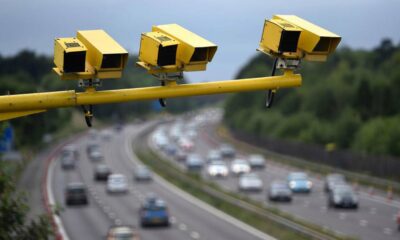411
“We’re Treated Like Criminals”: Joburg Street Traders Push Back Against Harassment by the City
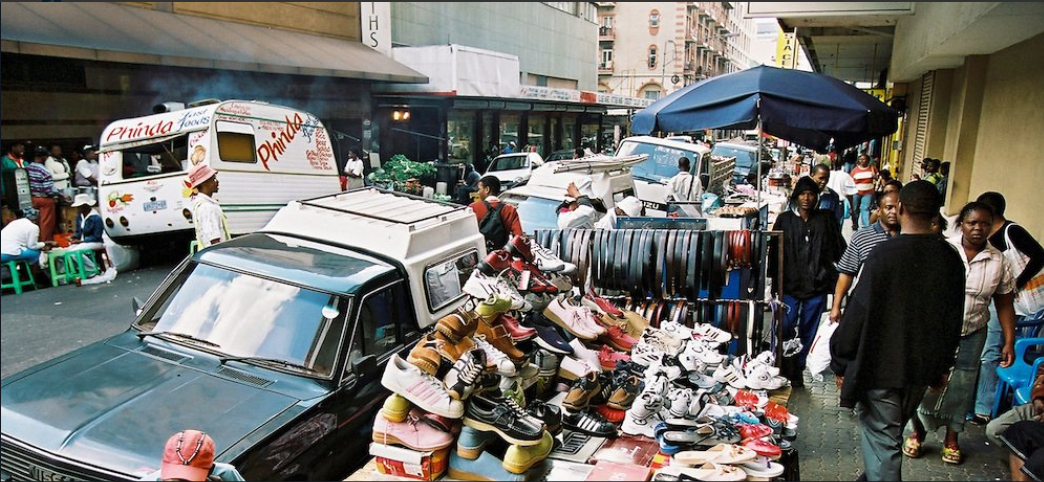
In the heart of Johannesburg, thousands of informal traders help keep the local economy alive — yet many now say they’re under attack by the very City meant to support them. In recent months, registered traders have reported harassment, confiscation of goods without receipts, and evictions from trading spots they’ve occupied for years.
Dimakatso Kgaphola, who sells pap and has supported her children through university with her earnings, had her stall shut down in February. She says she’s paid the required R120 annual fee and holds a valid permit, yet was told her area is no longer designated for trading.
“I’ve been here for years. Suddenly, they say I’m not allowed. What are we supposed to do?” she asked. “We created our own jobs, and now the City chases us away.”
Since mid-February, the City of Johannesburg has been enforcing bylaws through verification campaigns, claiming it’s only acting against unregistered or mislocated traders. But vendors like Kgaphola say they’ve complied — and are still being penalised.
“They Don’t Treat Us Like Humans”
Xolelwa Ndobe, who has sold vegetables since 2006, says some of her colleagues had their stock taken without being given impoundment receipts. “They just come and remove us like children,” she said. “We’re not even told why. This is our livelihood.”
She remembers 2013, when the City shut down dozens of legal stalls — a move that was overturned by the Constitutional Court, which ruled that registered traders should be allowed to continue working.
Godswill Nwankwo, a Nigerian national married to a South African woman, says he’s also being unfairly targeted. “I was harassed and asked how I qualified to trade because I’m a foreigner. But we fund our own businesses — we don’t ask the City for anything,” he said.
Rules That Keep Changing
Traders across Johannesburg say bylaw enforcement appears inconsistent and politically driven, with rules changing depending on who is in office.
Ayanda Kela, who’s been trading since 2001, says: “We address poverty and unemployment. If they remove us, what’s the plan? The City treats us like animals.”
He and others argue that they’re not only running lawful businesses but also contributing to the economy and community development.
SERI Intervenes — Again
On 24 February, the Socio-Economic Rights Institute (SERI) sent a legal letter to Mayor Dada Morero, reminding the City of the Constitutional Court’s 2013 ruling. Shortly after, Kgaphola and others were allowed to return to their stalls — but reports of continued harassment persist in other areas.
This isn’t the first time SERI has stepped in. In 2022, after a raid involving Operation Dudula — an anti-immigrant group — the High Court ruled in favour of the traders, allowing them to return.
SERI’s legal battles have also drawn hostility. In 2022, the group received death threats and threats of arson after a now-former MMC claimed traders were “invading” the city and being used by SERI as a “front”.
The City has since distanced itself from those inflammatory comments, and the official involved has resigned.
City’s Response
City spokesperson Patson Khosa told GroundUp that the City is following the 2013 ruling, but reserves the right to verify traders and enforce bylaws.
“Traders are supposed to operate in designated areas. The operation was not aimed at removing legal traders, but verification is still ongoing,” he said.
However, many traders say the verification process lacks transparency, and some feel targeted based on nationality or arbitrary decisions.
A Need for Fairness
With over 3,000 registered traders in Johannesburg, the informal economy is a key part of the city’s landscape. For many, it’s a matter of survival, not choice.
“Instead of helping us grow, they’re pushing us further into poverty,” said one trader. “All we’re asking is to be allowed to work.”
As legal pressure mounts and voices grow louder, the City of Johannesburg will have to decide whether enforcement means exclusion — or whether it’s time for a more inclusive, respectful approach to informal trading.
{Source: African Insider}
Follow Joburg ETC on Facebook, Twitter , TikTok and Instagram
For more News in Johannesburg, visit joburgetc.com



